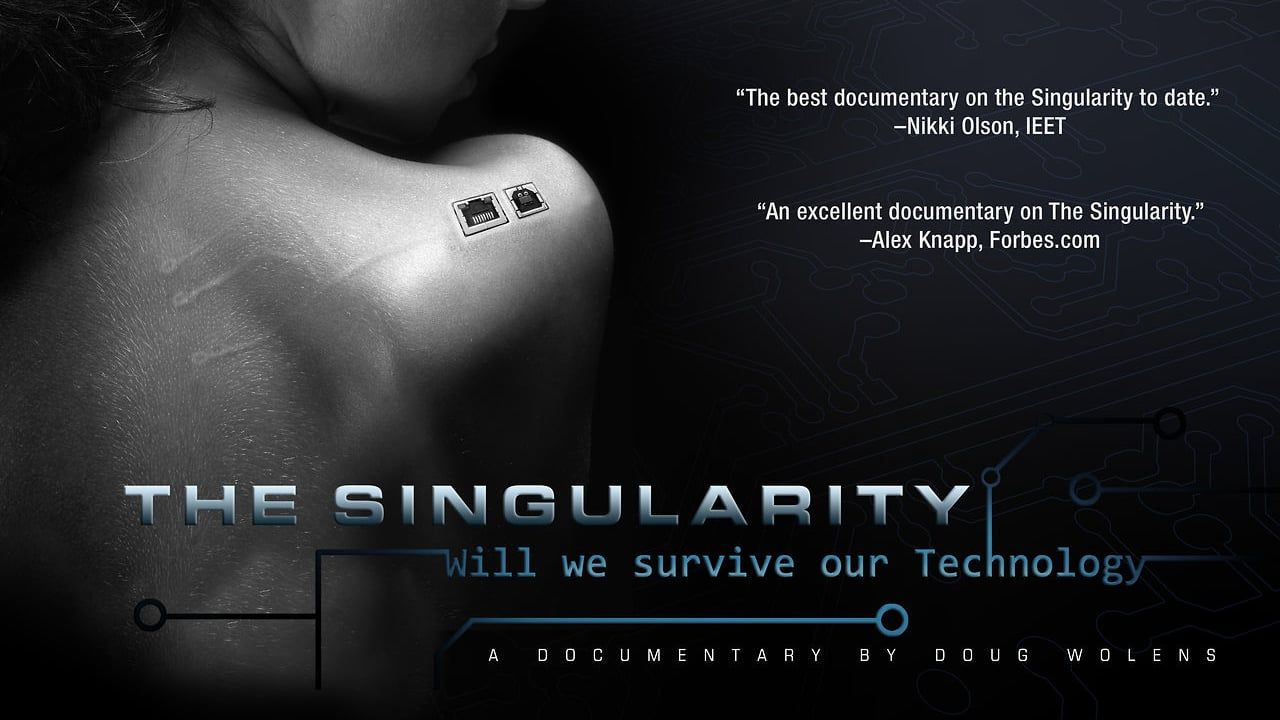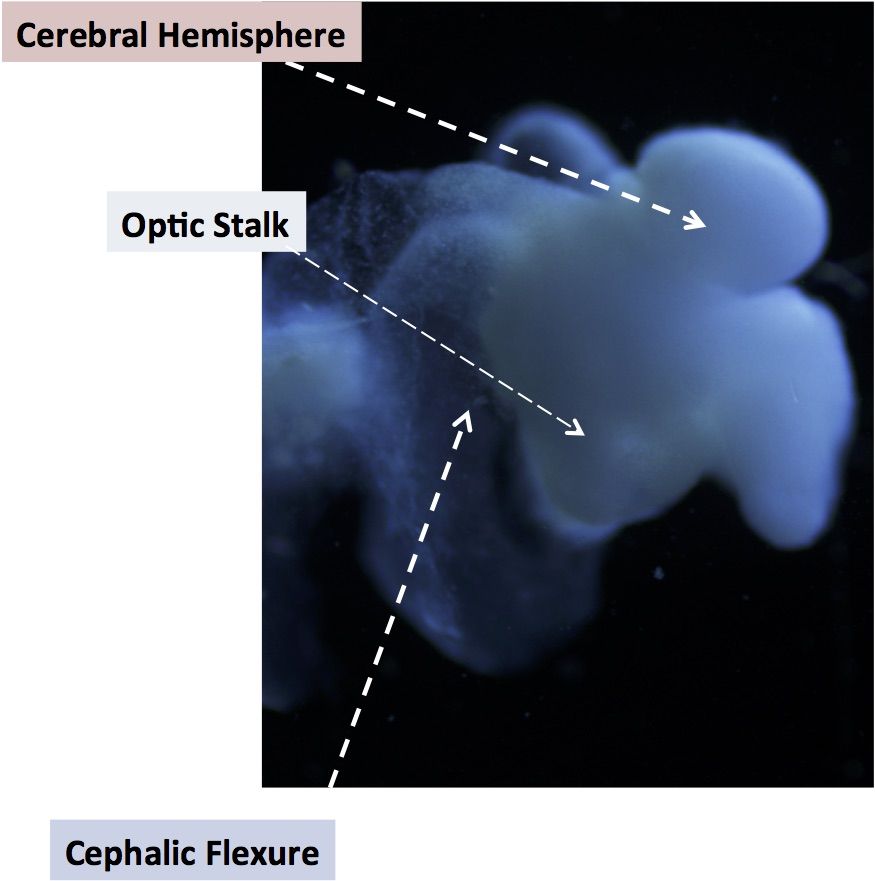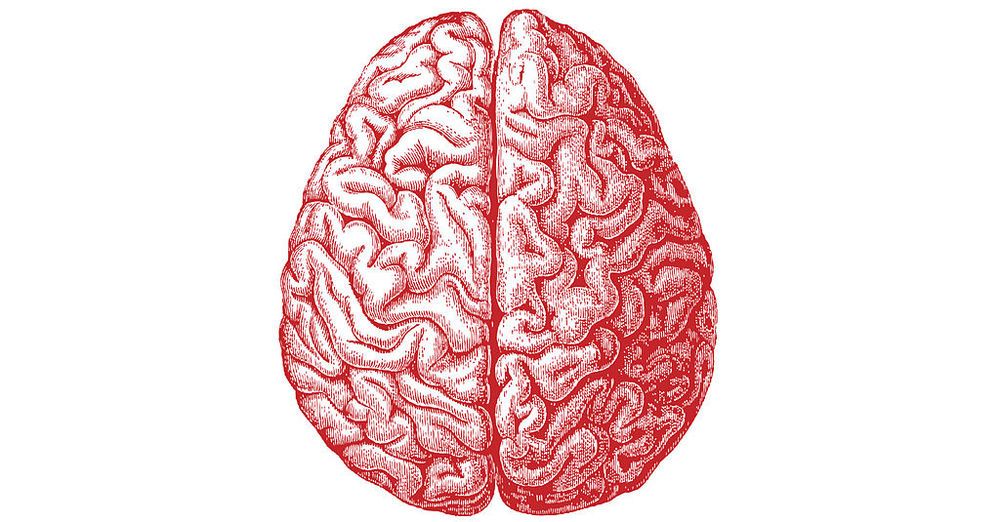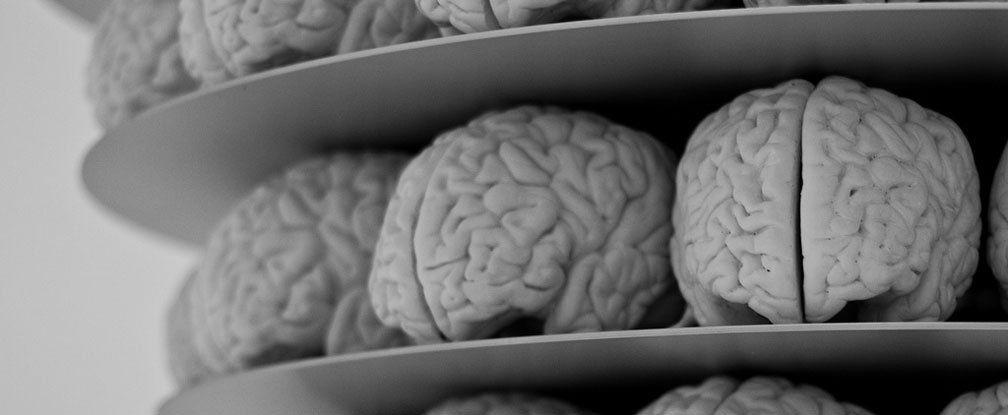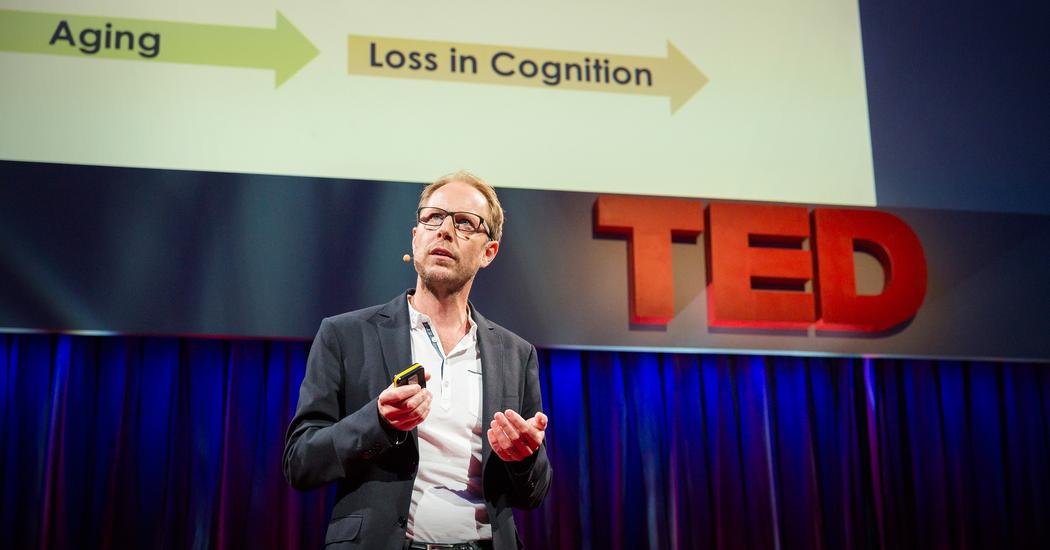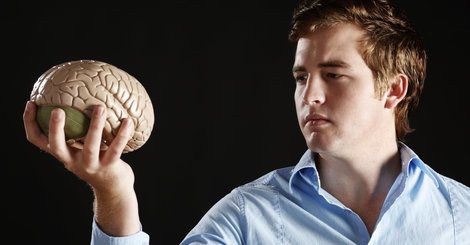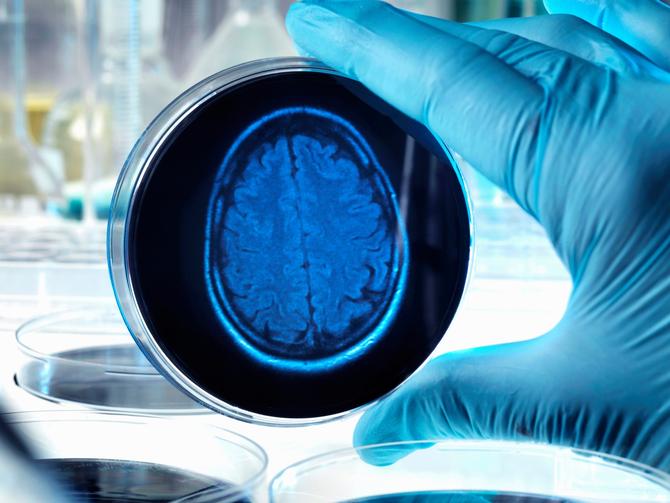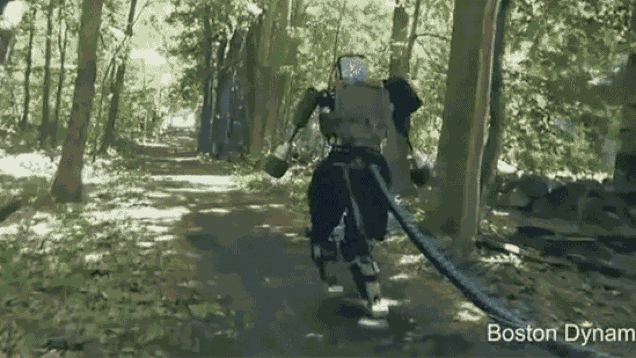Aug 22, 2015
The_Singularity_trailer
Posted by Shailesh Prasad in categories: computing, entertainment, neuroscience, singularity
Within the coming decades we’ll have the ability to create computers with greater than human intelligence, bio-engineer our species and redesign matter through nanotechnology, what will it mean to be human? Acclaimed as “a large-scale achievement in its documentation of futurist and counter-futurist ideas” and “the best documentary on the Singularity to date,” THE SINGULARITY is rich with insight, while remaining accessible to mainstream audiences. Some of the world’s leading thinkers, futurists and counter-futurists are interviewed, including Ray Kurzweil, Leon Panetta, Bill McKibben and Richard A. Clarke. THE SINGULARITY is an engaging tool for critical thinking about future technologies.
